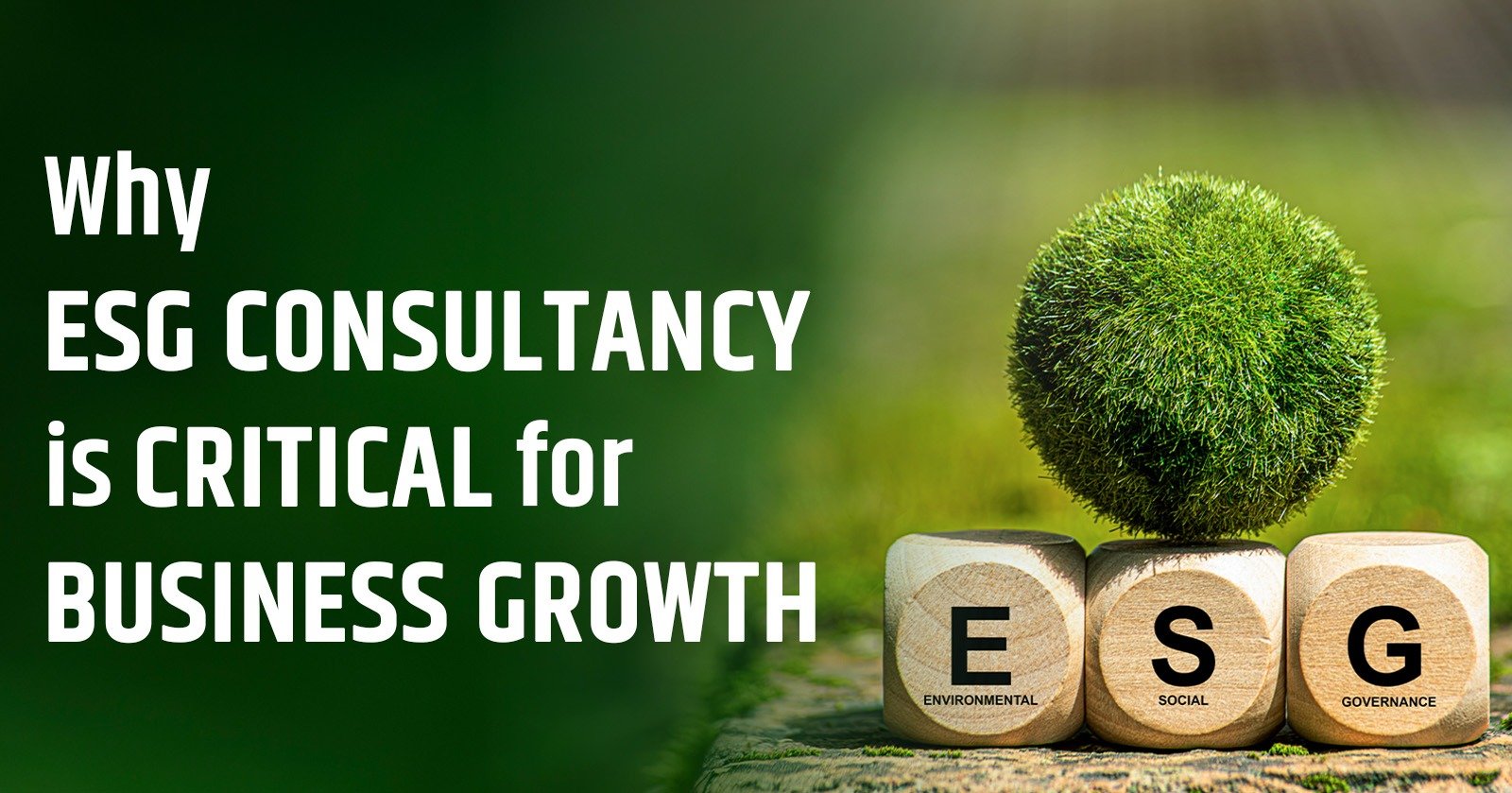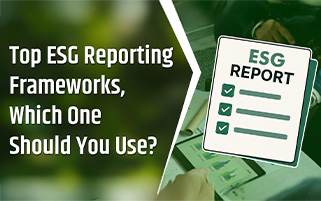The Role of ESG in Investment Decision-Making

Nowadays, investors are not just looking at profits; they also want to support businesses that care for the environment, society, and governance. This is where ESG investing comes in.
ESG stands for Environmental, Social, and Governance. It helps investors choose companies that follow responsible business practices.
In this blog, we’ll explain how investors use ESG data, what ESG ratings mean, and which ESG factors affect a company’s value.
What Is ESG Data?
ESG data shows how a company handles environmental, social, and governance issues. It gives a clearer overview of a company’s sustainability and ethics. This helps investors and others see the company’s future potential and make responsible investment decisions.
How Investors Use ESG Data?
Investors use ESG (Environmental, Social, and Governance) data to understand how a company handles things like the environment, social issues, and governance. This helps them identify risks, find new opportunities, invest responsibly, and primarily focus on long-term returns through sustainable investing. By using ESG investing strategies, companies can attract responsible investors and build trust with stakeholders.
Risk Management
ESG data helps investors spot risks that normal financial checks may miss. It highlights environmental-related risks like climate change, social risks, and governance risks like weak leadership or unethical behavior. These factors can affect a company’s reputation, operations, or long-term growth.
Identifying Opportunities
Companies with strong ESG performance often manage resources well, follow rules, and adapt to change. Investors look for such companies because they have a higher chance of success in the long run and making them perfect for ESG investing.
Investing with Purpose
ESG data helps investors support companies that share their values. If someone cares about the environment, they can invest in businesses that focus on a clean environment and reducing pollution. Many investors prefer ESG funds or sustainable investing options that align with their beliefs.
Better Financial Results
Companies with strong ESG practices often perform better in the long run. This is because they face few risks, work more efficiently, and build a good reputation in the market, which can give better financial results and attract ESG investing opportunities.
ESG Metrics That Impact Valuation
ESG metrics show how well a company manages environmental, social, and governance risks. These things can affect the company’s reputation, daily operations, and future growth, which also impacts its value.
Important ESG metrics include carbon emissions, energy use, waste management, employee welfare, diversity, and leadership structure. Companies with good ESG performance often have fewer risks, run more smoothly, and attract more investors, which can increase their value and improve ESG ratings.
Companies with good ESG practices usually face fewer risks, work better, and attract more investors, which can raise their value.
ESG Reporting & Disclosures Investors Care About
Nowadays, investors want clear and reliable information about a company’s (ESG) environmental, social, and governance performance. ESG reporting and disclosures help companies share how they manage risks, follow ethical practices, and work towards sustainable investing goals.
Before investing in the company, investors check some essential data, such as carbon emissions, energy use, waste management, employee welfare, and board structure. A well-designed ESG reporting builds trust, shows transparency, and makes it easier for investors to assess long-term risks and opportunities. Transparency in ESG helps companies attract responsible investment.
ESG Consultancy Services for Investor Readiness
ESG consultancy services help companies get ready to attract investors by improving the way they handle environmental, social, and governance (ESG) issues.
ESG consultancy services include:
Analysis of Current ESG Practices:
It is the initial step that checks what the company is doing now and finds areas for improvement.
Creating ESG Plans:
ESG consultants help make clear goals and rules for things like reducing pollution, supporting workers, and ensuring good management in the company.
Prepare Effective ESG Reports:
Consultants help in making easy-to-understand reports that show investors the company’s progress and increase their ESG ratings.
Stakeholder Engagement:
Consultants help companies to connect with investors, employees, customers, and communities to understand their concerns about ESG and make better business decisions.
Managing Risks:
ESG experts help companies find and fix ESG issues to keep the business strong and meet investor expectations.
Sustrack’s Tools for ESG Investor Engagement
Nowadays, investors expect clear, reliable, and transparent ESG information before making any responsible investment decisions. That’s why businesses need the right tools to share their ESG performance and engage with investors hassle-free.
Sustrack offers easy and effective solutions to help companies manage ESG data, improve ESG reporting, and get ready to attract sustainable investing opportunities. They also help to increase ESG ratings.
With the right support from Sustrack, companies can simplify ESG management, show their commitment to ESG investing, and build stronger relationships with investors who care about long-term success and positive impact.
Final Thoughts
ESG investing plays a growing role in how investors choose where to invest their money. Companies that focus on sustainable practices, maintain strong ESG ratings, and provide clear disclosures to attract responsible investment.
With the right ESG data, tools, and guidance, businesses can manage risks, grow sustainably, and build trust with investors. Sustrack helps simplify this journey and supports companies in engaging effectively with ESG-focused investors.
What is ESG investing?
ESG investing is a strategy where investors invest their money in those companies that perform well in Environmental, Social, and Governance (ESG) areas, alongside financial performance.
What is Sustainable Investing, and how does it work?
Sustainable investing means investing money in companies and projects that aim to make a positive impact on the environment or society.
It focuses on long-term growth by supporting businesses that reduce pollution, use clean energy, and care for people and communities.
What is an ESG fund?
An ESG fund is an investment fund that invests money in companies that focus on ESG areas. These funds are ideal for investors who want financial returns while supporting companies that follow responsible practices.
Why do ESG Ratings matter to investors?
ESG ratings help investors understand how responsibly a company operates. High ratings often mean fewer risks and better long-term performance, making them a responsible investment decision.




